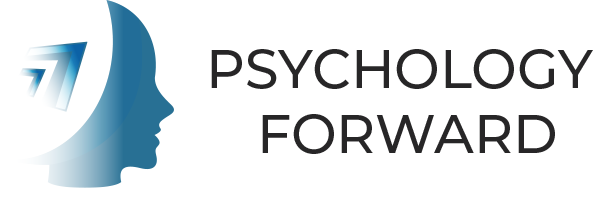OCD is a complex disorder which may make you feel like your mind is out of control. Rumination, racing thoughts, and compulsions to alleviate this distress may have you caught in a vicious cycle.
Feeling out of control with obsessions and compulsions is unnecessary suffering. The good news is, effective treatment is available, to relief unnecessary suffering.
I specialize in helping you gain mastery over your thinking patterns to restore a healthy, peace of mind. You will learn to gain control over the thoughts which are making you feel shameful, anxious, sad and sick.
Imagine, living life again without intrusive thoughts or engaging in harmful compulsions. I understand the complexities of OCD and how hard your life has become. Together, we will implement practical strategies to help you regain control of your life.


